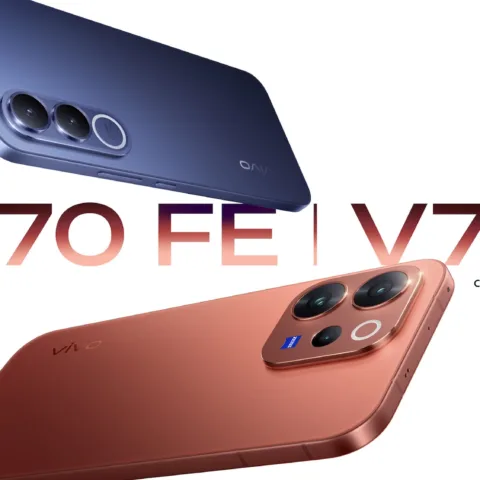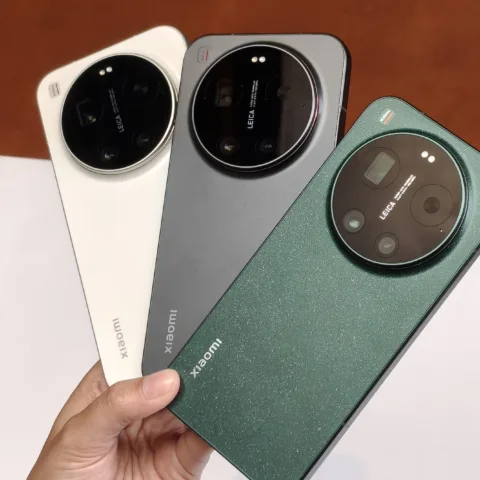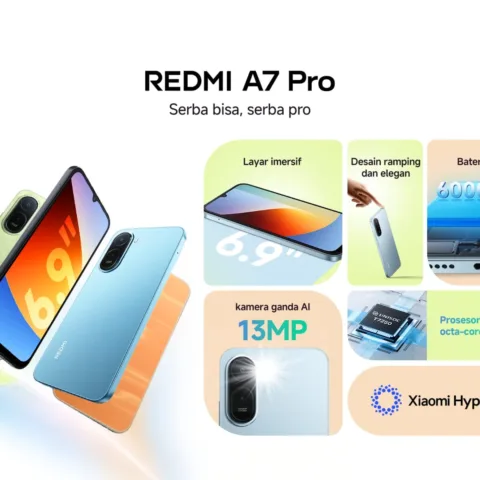This morning I stopped by Aquarius Mahakam. The fence to the parking area was still partly closed with only one car parked, because they will only be open at 10. A security guard was sweeping the parking area from dry leaves and litter. I asked him: “Sir, I hear the store’s closing?” He turned, gave be a slight, bitter smile and answered “Yes, so they say.” “Until when will it be open?” “End of the month,” he answered. I moved on as I had to rush to the office.
Ironically, before going to Aquarius Mahakam, I parked at the neighboring store, a 7 Eleven. For the past few years, the growth of 24-hour convenience stores was like a plague, filling in any empty space in Jakarta and never, ever quiet, while sitting next to it is the last Aquarius store, one of many stores focusing on selling CDs and cassettes that have closed during the past few years. Although there still are stores like Disc Tarra, Societie and Duta Suara, Aquarius is a historical milestone that is part of a generation who grew up with CDs and cassettes.
The closure of Aquarius Mahakam follows the trend over the past few years –Aquarius that once had iconic stores in Bandung, Surabaya, and Pondok Indah, South Jakarta, is counting down the days to its last store’s closure. Like what has happened overseas, the volume of business that the store could deliver was not enough to cover the building rent, employee pay, future investments, and profit (as all businesses need to turn a profit). It is a valid decision from a business perspective –if there is a business unit that costs more than it can deliver, it should be shut down or pivoted to other businesses.
Meanwhile, the recording music industry is going through another transition. After going through the slowly declining sales of CDs and cassettes, the industry felt the explosive growth –and fall– of the RBT industry, which at one point became the main revenue driver. The virtual disappearance of RBT income since the end of 2011 put industry players in a bind – on one side, they tried to avoid a repetition of the RBT fiasco by being more reserved in agreements and content licensing, yet on the other hand working hard to establish new revenue sources. The entrance of iTunes and Guvera, most likely followed by official launches of Spotify and Deezer, is one step in that direction. What the results will be, we won’t know yet.
When I was walking away from Aquarius Mahakam, I stopped –when was the last time I bought a CD? If I’m not mistaken, it was about a year ago when I bought a Payung Teduh CD from Duta Suara Plaza Senayan, but no other CD after. Almost all my music is enjoyed through digital means now – from the iTunes store, Spotify, or Ohdio.fm. The large CD collection between me and my wife sits pretty on shelves at my parent’s house, and to listen to music I use gadgets; we don’t even have a CD player. I love the experience of looking for and buying CDs at the CD store, but as time passed I wasn’t able to budget time for it, and buying or listening to music online is much more practical.
Can the gradual disappearance of music CDs be blamed on piracy? Or was it because of distribution and price – the uneven distribution of CDs (as it depends on the presence of a CD store in any certain area), and if there are CDs available, the price did not fit many a pocket? Or perhaps, the interest of consumption has moved to other media? Perhaps this – that recorded music products should not be an independent commodity sold at retail?
The closure of Aquarius Mahakam is most definitely the end of a historic time, at least for those who experienced it. Looking for the album you want in stacks of CDs has been replaced with the search bar. Listening to CDs before you buy them on the store’s sound system is now replaced with 30-second previews, or even free full music streams. Going to the CD store with your friends and discussing which album to buy is now replaced with discussions through instant messenger and social media. The habits around music consumption may have not changed much, but it has definitely changed places. But for those of us who grew up in that time, Aquarius Mahakam will reside in a special place in our hearts.
 Ario is a co-founder of Ohdio, an Indonesian music streaming service. He worked in the digital music industry in Indonesia from 2003 to 2010, and recently worked in the movie and TV industry in Vietnam. Keep up with him on Twitter at @barijoe or his blog at http://barijoe.wordpress.com.
Ario is a co-founder of Ohdio, an Indonesian music streaming service. He worked in the digital music industry in Indonesia from 2003 to 2010, and recently worked in the movie and TV industry in Vietnam. Keep up with him on Twitter at @barijoe or his blog at http://barijoe.wordpress.com.
[header image by Ario Tamat]










